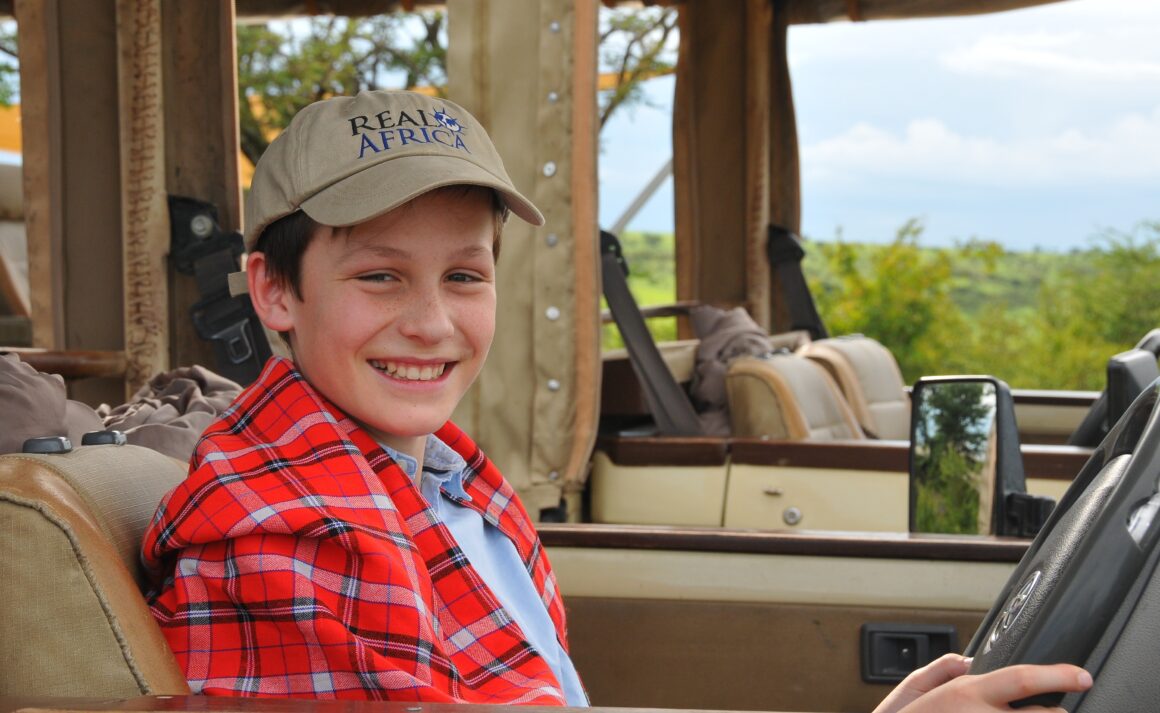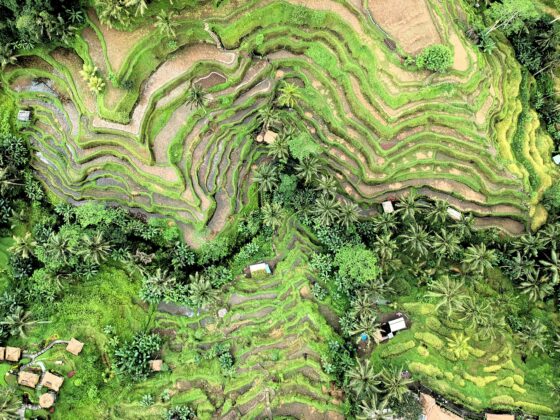Taking children on safari can be a truly wonderful and rewarding experience. For most families, it is also an expensive, once-in-a-lifetime type of trip, so you’ll want to make sure it’s right for your family. Ultimately, all children are different and have varying interests and needs, so if you’re planning a family safari, it’s always beneficial to have a chat with a specialist. We have the benefit of first-hand experience travelling with our own children and can provide honest practical advice.
In this guide, we’ll explore some of the key considerations for taking children on safari, including health concerns, appropriate ages, activities, and cost-saving tips.
Infants & Young Children (0-6 Years): Proceed with Caution
Taking very young children on safari requires careful planning due to significant health and safety concerns. With so many curated wild experiences on offer for families, we cannot find many merits for taking under twos specifically on a safari—you’ll likely get more out of the experience by waiting until they are older. However, if you have children in this age category, here are some things for you to consider.
Key Considerations:
- Health Risks & Malaria: Many top safari destinations are in malarial areas, and infants and young children are particularly vulnerable. The safest option for a safari with young children is to stick to non-malarial regions like South Africa’s Western Cape, Madikwe Game Reserve, and the Eastern Cape, where there are lodges set up really well for family travel.
- Camp & Lodge Age Restrictions: Many safari lodges have a strict age policy, and even if they accommodate children, most do not allow under-7s out on game drives (while some have a minimum age of 8, 12, or even 16). Always check policies before booking. Reserves in non-malarial areas are likely to be better equipped for families with young children, for example, offering child-minding and kids’ clubs so parents can still go out on game drives even if the children cannot, or tailoring activities to suit your family dynamic. This will provide a taste of safari rather than offering an entirely authentic experience – this is worth weighing up against your expectations.
- Access to Medical Facilities: Emergencies can happen, and the younger the child, the more rapidly they can deteriorate, so we would recommend staying in areas with good healthcare access.
- Heat & Long Drives: The African heat and humidity can be challenging, and game drives are long and potentially uncomfortable for little ones. Can your child sit still and be quiet for long enough to enjoy the experience and be safe?
- Cost Considerations: Some lodges offer discounted rates or free stays for children under a certain age, but private vehicles may be required, adding to the cost.
Best Options:
- Family-Friendly Lodges: Look for accommodations set up for families, for example, with a pool, child-friendly activities or clubs, or even childmnding services. In South Africa, you are more likely to find lodges with air conditioning, a bath, and lockable doors/windows, adding to safety and comfort.
- Shorter, More Relaxed Itineraries: Prioritise lodges with family-friendly options and a flexible schedule. There are some wonderful options in South Africa (and Kenya too) where the focus is more on being out in the wild, connecting with your local hosts/the community, and enjoying some of the gentler activities and species.
7-12 Years: A Great Age for Safari
Children in this age range are more resilient and can more fully appreciate the safari experience. Some restrictions still apply, but you have far more choice.
Key Considerations:
- Camp & Vehicle Rules: Some lodges still enforce age restrictions, so be aware that a private safari vehicle may be required at additional cost.
- Safety Awareness: Children should be able to follow the guide’s instructions so that wildlife interactions are safe.
- Malaria Precautions: If travelling to a malarial area, consult a doctor about anti-malarial medication.
- Cost Considerations: Many lodges offer family rates, with discounted rates for under-12s when sharing a room or tent with parents. Properties may only have one or two family-configured rooms/tents, so booking early is sensible.
Things to Look For:
- Junior Ranger Programmes: Some lodges offer engaging, educational experiences where children learn to track animals, visit a local school, get involved in art or cooking, or are encouraged to keep a list of sightings. Some of the camps in Kenya’s Laikipia region are particularly well set up for families, offering a whole range of different activities.
- Camp Set-Up: Look at the camp’s facilities and think about comfort levels and what works for your family. For example, some camps/lodges have a pool or earlier/flexible meal times available. In South Africa, you are more likely to find lodges with air conditioning, a bath, and lockable doors/windows, adding to safety and comfort. Meanwhile, in East and Southern Africa, a safari house or cottage might be worth considering, being particularly well-suited for multi-generational travel or travelling with another family.
- Wildlife-Rich Areas and Iconic Destinations: Opt for reserves with high wildlife densities to keep excitement levels up, for example the Masai Mara. Incorporate classic experiences, for example, a visit to the Ngorongoro Crater.
- Family Tents or Units: Some lodges offer interconnecting rooms or larger family units, which can be more cost-effective than separate rooms and give parents peace of mind.
13-21 Years: The Ideal Age for a Safari Adventure
Teenagers and young people are at the perfect age to fully appreciate a safari and engage in more adventurous experiences. In our view, this is the optimum age for a family safari.
Key Considerations:
- More Freedom & Adventure: Older children have more patience and stamina for game drives and depending on age will be able to embrace other activities such as walking safaris, wildlife hides, canoeing/boating, horseback safaris, bush dining, etc.
- Understanding Conservation: Teens and older can grasp the importance of wildlife conservation, making the experience even more meaningful.
- Family Bonding: A safari is a unique, shared experience before they head off on their own adventures.
- Cost Considerations: Some lodges offer discounts for teenagers. Booking a private vehicle may still be necessary depending on the camp, increasing costs but also enhancing the experience.
Things to Look For:
- Activities: A range of activities allowing you to connect with the place you’re visiting. Some teens may need encouragement to get out of their comfort zone, and it is often these activities that are most surprising and rewarding. Walking, wild swimming, boating, fly-camping, and community and conservation visits are all activities that can deepen understanding and enrich the experience.
- Accommodation: Camps and lodges have different policies, but in some cases, it is still possible to book family units, and be accommodated all together, or to request tents/chalets next to each other.
Final Tips for a Family Safari
- Choose the Right Destination: Consider malaria-free regions for younger children and factor in travel times.
- Take Advantage of Discounts & Book Early for Availability: Some lodges offer free stays or reduced rates for children sharing with parents. Book early for greatest choice, especially if travelling in school holidays.
- Pack Smart: Bring sun protection, binoculars, books on African wildlife, and a camera for older children to document their adventure.
- Manage Expectations: Safaris require patience—wildlife sightings aren’t guaranteed, and travel distances can be long.
Conclusion
A safari can be an unforgettable family adventure if planned carefully.
By selecting age-appropriate destinations, activities, and accommodations, you can create a trip that is safe, engaging, and enriching for children of all ages. Whether it’s their first glimpse of a lion in the wild or visiting a local school, a safari offers experiences that will stay with them for a lifetime.


